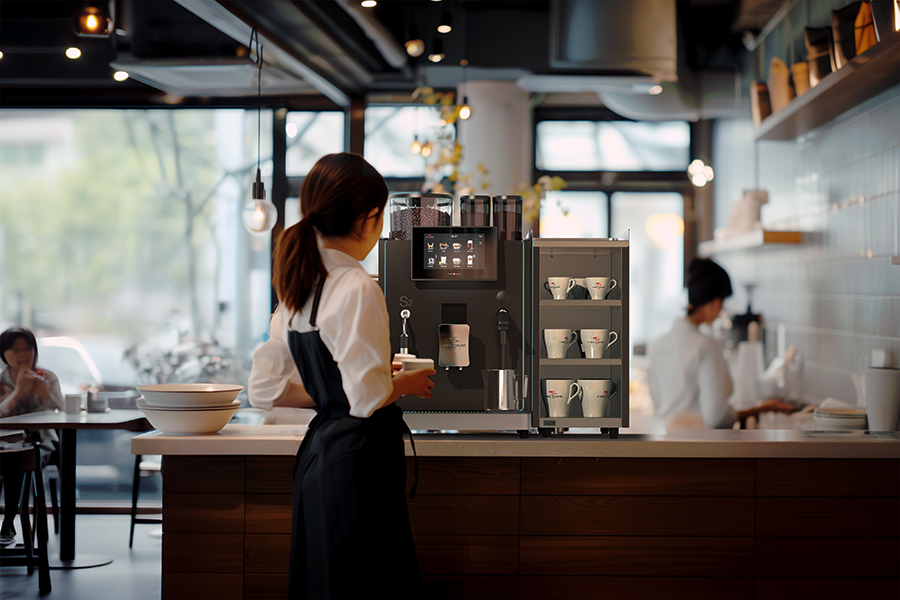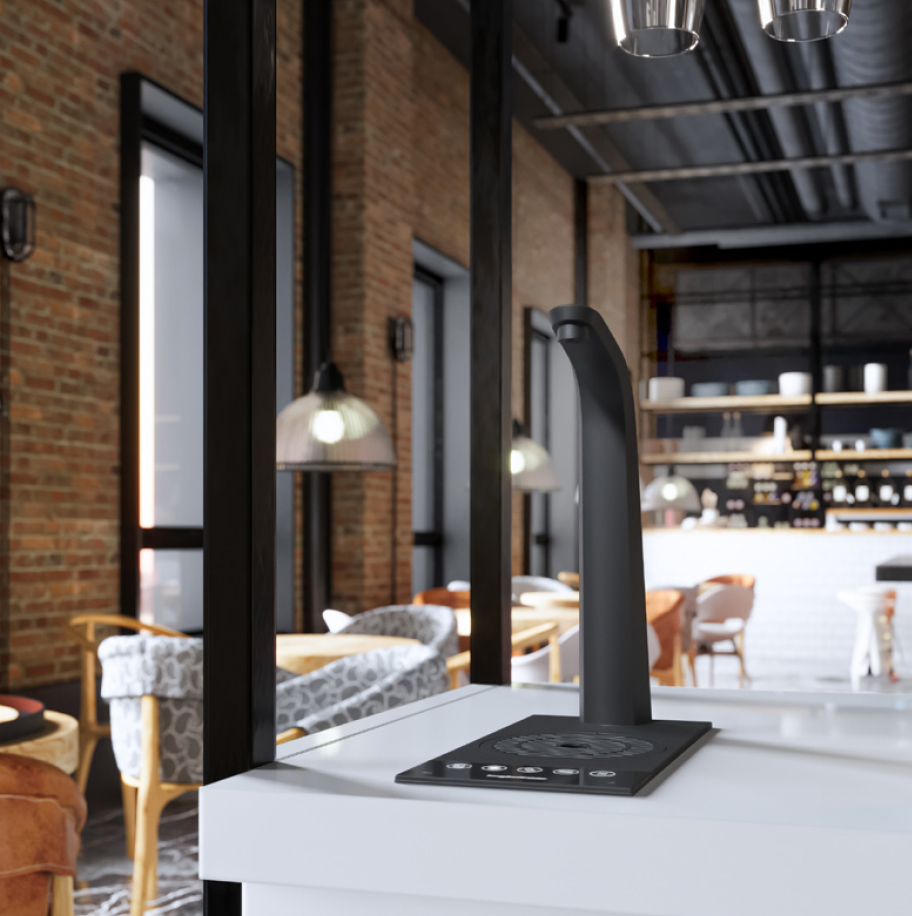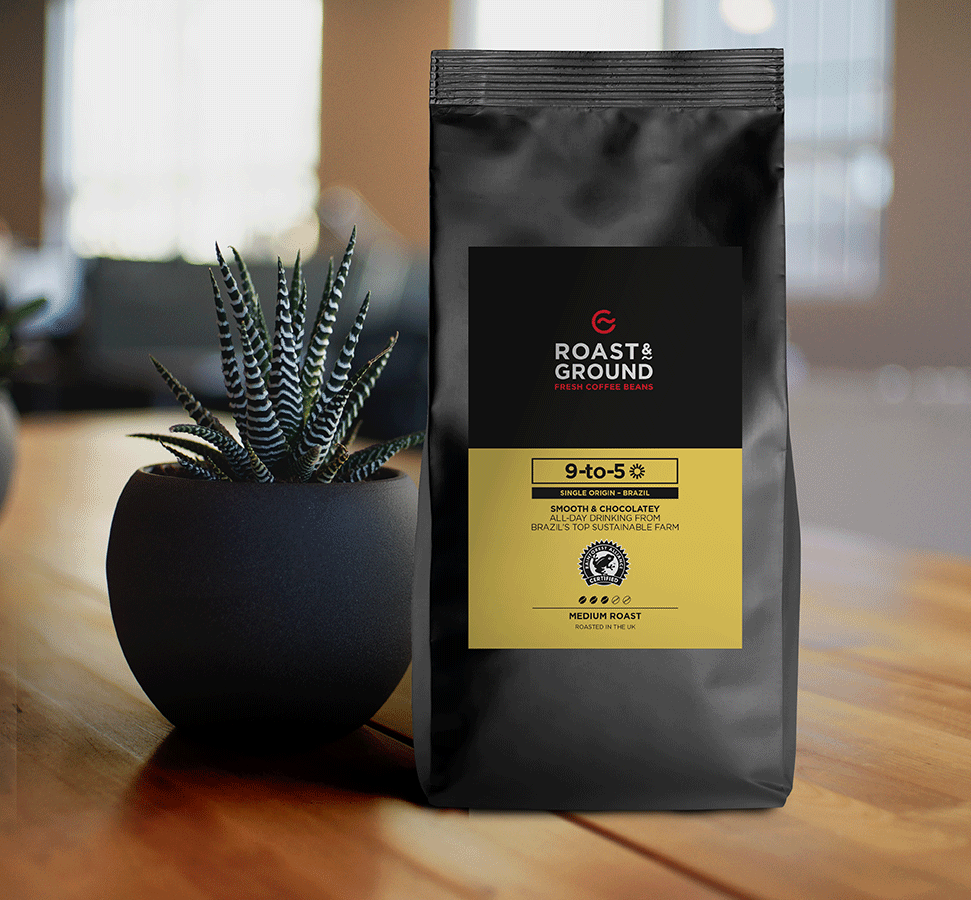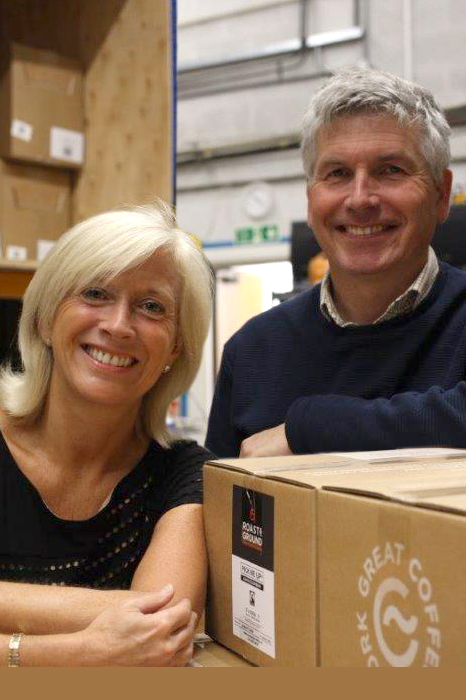Coffee is known for being different things to different people. A pick-me-up, a decadent treat, a breakfast replacement, fuel for the working day or something you get while out shopping.
What coffee is to everyone, is acidic. That acidity is what gives coffee that sharp initial taste when you take your first sip.
Some people regard acidity positively while others don’t. But what’s the truth? Should you celebrate coffee acidity or avoid it?

What is coffee acidity?
When most people talk about acidity in coffee, they are referring to the taste and not the pH level.
While both are technically correct, the coffee experience is more about the flavour and taste experience than what the pH number is.
You can get technical if you want (most coffee has a pH of around 5 given off by H+ ions in water that activate specific receptors on the tongue), but we don’t think the chemical measure of coffee acidity is relevant to most of us who drink it.
For us, acidity is about the flavour.
It’s that crispness or tartness you get when you first sip your coffee. It’s a taste that often subsides in subsequent sips, but is definitely present at first.
Coffee bean roasting and acidity
Green coffee beans are very acidic and won’t be particularly palatable were you to try them.
Arabica coffee beans are more acidic than Robusta beans, so roasting has to be handled differently for the different beans.
Acids break down during roasting, reducing their concentrations and making the acidity much more manageable.
The darker the roast, the more acidity is reduced. That’s why many lighter roast beans offer more acidic flavours than dark roasts.
That’s also why the roasting process has to be managed very carefully. We need to retain enough acidity to keep the identity of the blend while reducing it enough to make that blend pleasant to drink.

Coffee brewing and acidity
How you brew your coffee can also influence the acidity of the end result.
Warm or hot brewed coffee retains a lot of the acidity. The process is fast and doesn’t have a chance to reduce the acid in the bean.
Cold brewed coffee is steeped in cold water for a time. This allows the acids to break down, reducing the acidity of the drink.

Brewing time can also influence the acidity of coffee. Shorter brews will retain a lot of the acid, producing a more acidic coffee. Longer brews can allow the acids to break down, producing a less acidic coffee.
If the coffee blend you use has higher levels of quinic acid, longer brews can turn more acidic, so brew time isn’t a concrete rule.
Does coffee acidity cause digestive issues?
The acid in coffee has never been scientifically linked to any digestive issue as far as we know.
Too much caffeine in the coffee can cause an increase in stomach acid, which can cause gastric distress.
The milk you put in coffee can also cause stomach issues, especially if you’re sensitive to lactose, or you use old milk or too much milk.
Poorly filtered coffee can also cause digestive issues. If coffee grounds or beans get into your coffee, that can cause an upset stomach. Fortunately, replacing the coffee filter should prevent that.
How to reduce acidity in coffee
- Use dark roast beans as they have lower concentrations of acids than light roasted beans.
- Try cold brewing. You can buy coffee machines that cold brew, otherwise you can do it yourself. Cold brewing is widely attributed with being lower in acid than other brewing methods.
- A good quality commercial coffee machine gives the opportunity to finely tune the drinks to get the best out of the machine. This can include adjusting the temperature, brewing time and how finely you want the beans to be ground.
- Use low acid coffee beans. Some specialist coffee suppliers produce low acid coffee beans. These have been prepared using beans specifically grown to be less acidic.
- Use fine ground coffee. If you use coffee grounds, use fine ground coffee. Coarse ground coffee retains more acid than fine ground, so this is a simple way to enjoy the coffee you love without having to do anything to it.

Coffee and acidity
Coffee is a naturally acidic drink. When prepared properly, the levels of acid benefit the overall experience and can add valuable flavour notes.
However, when prepared by less experienced hands, it can become sharp and stronger tasting, which can impair the overall taste.
There are ways to reduce the acid taste and levels in coffee without impacting the taste or the experience. If you find yourself sensitive to the acid in coffee but don’t want to give up this delicious drink, you now have a few things to try.
Contact Roast & Ground today for expert advice on choosing the perfect coffee.













